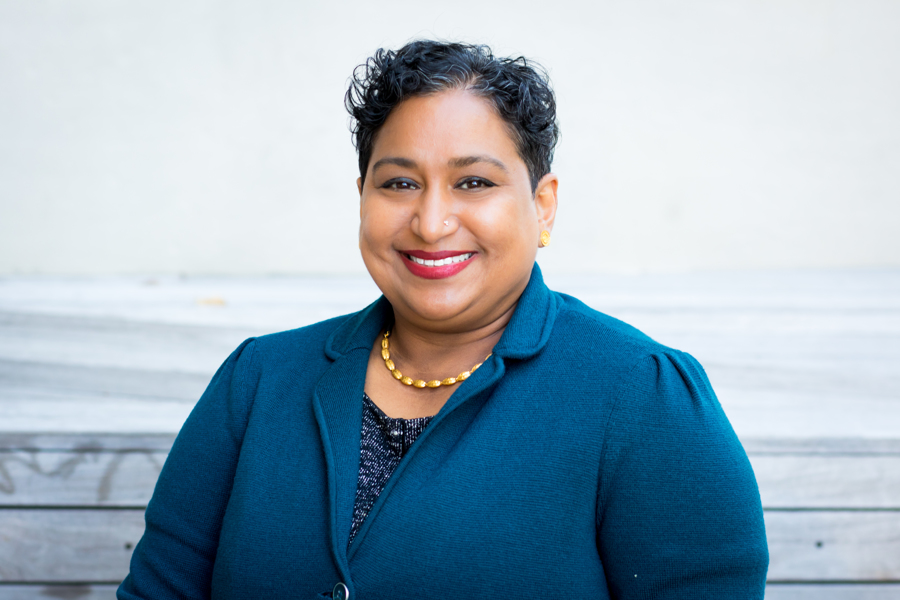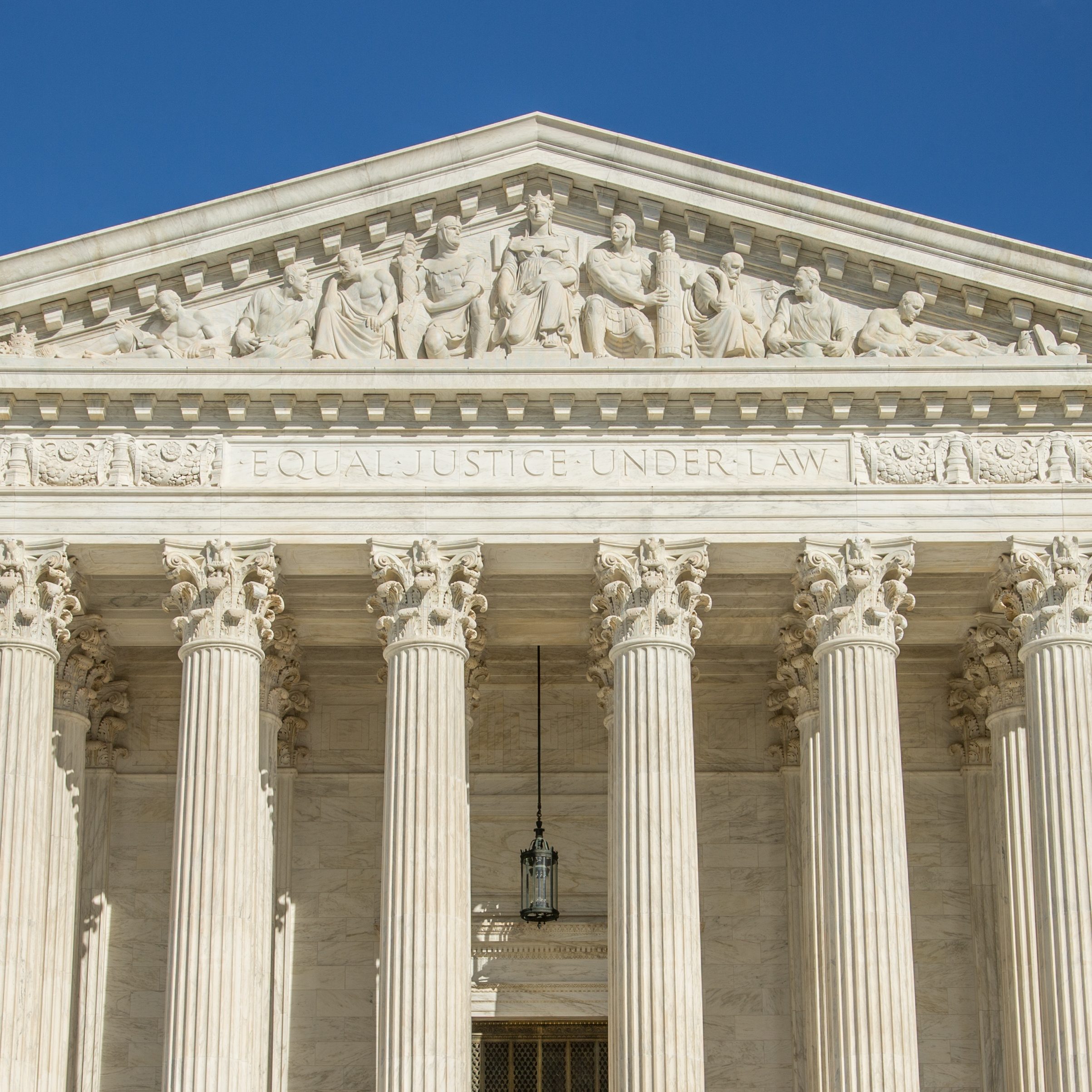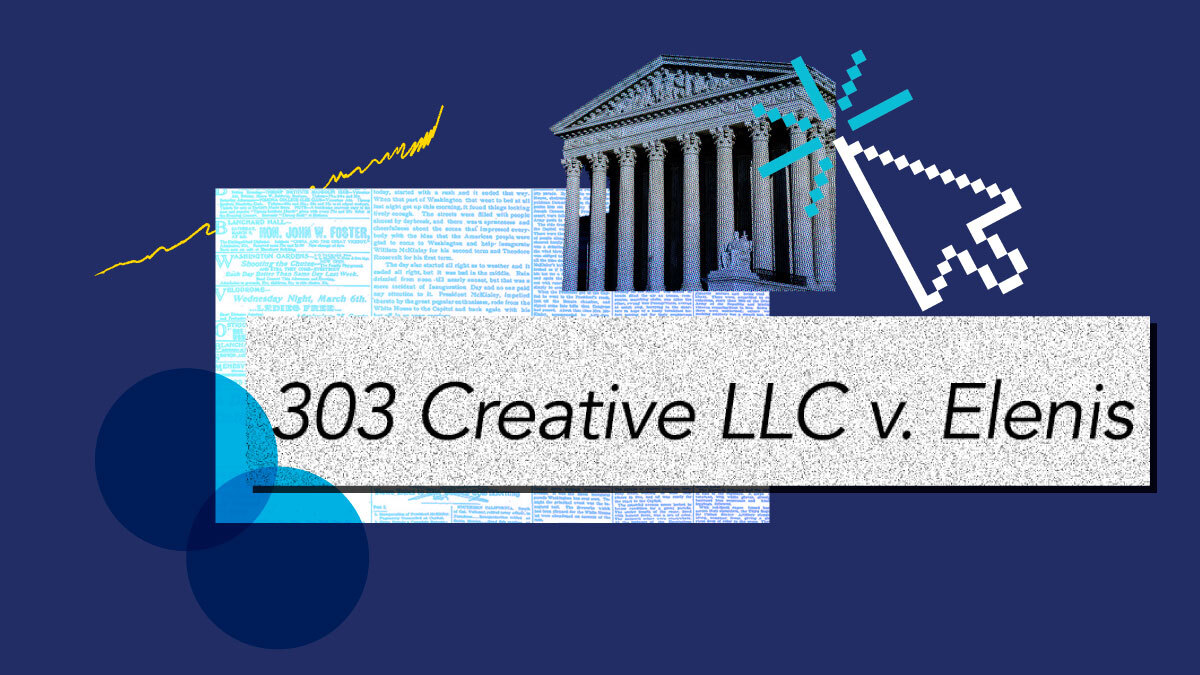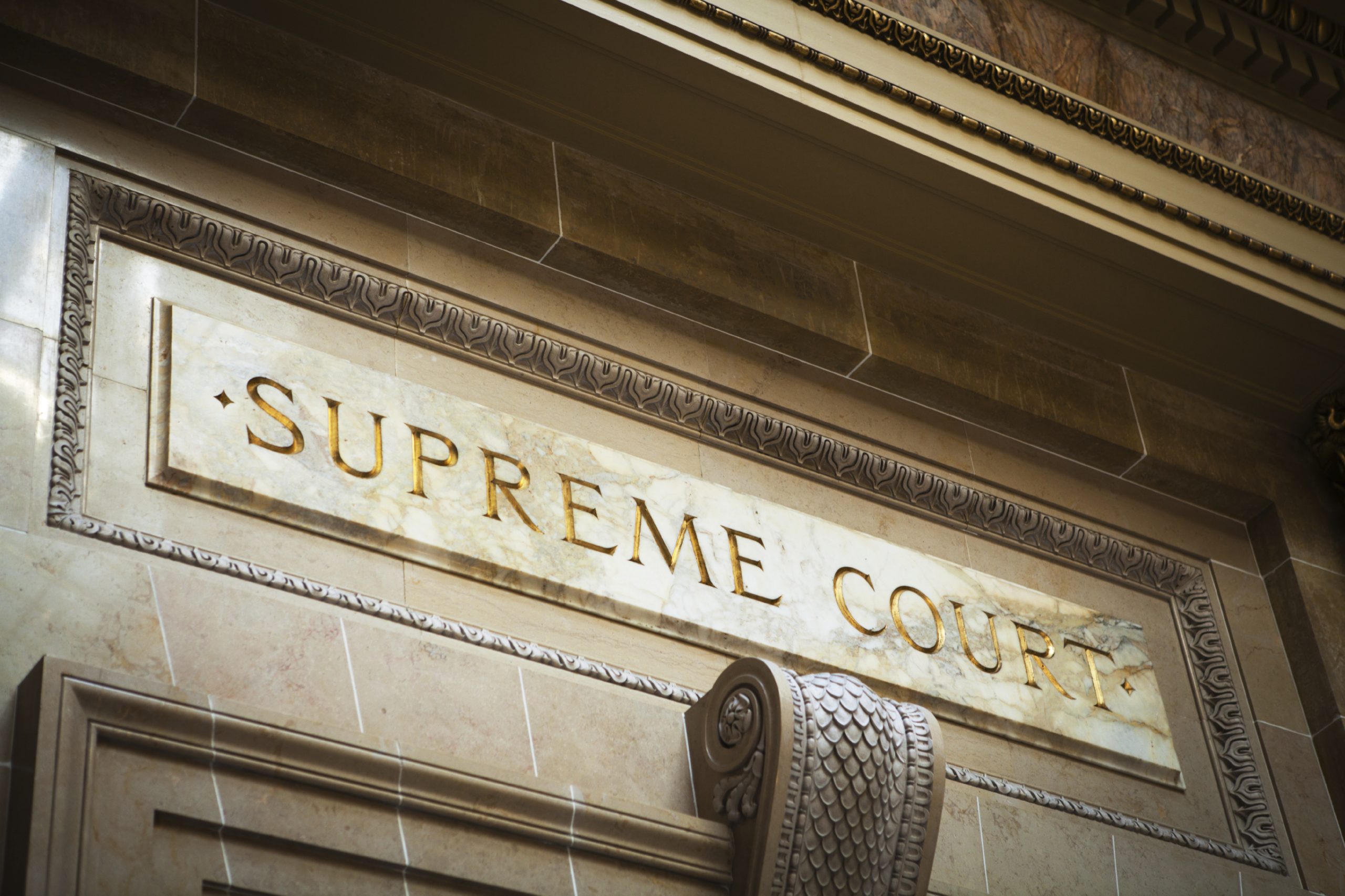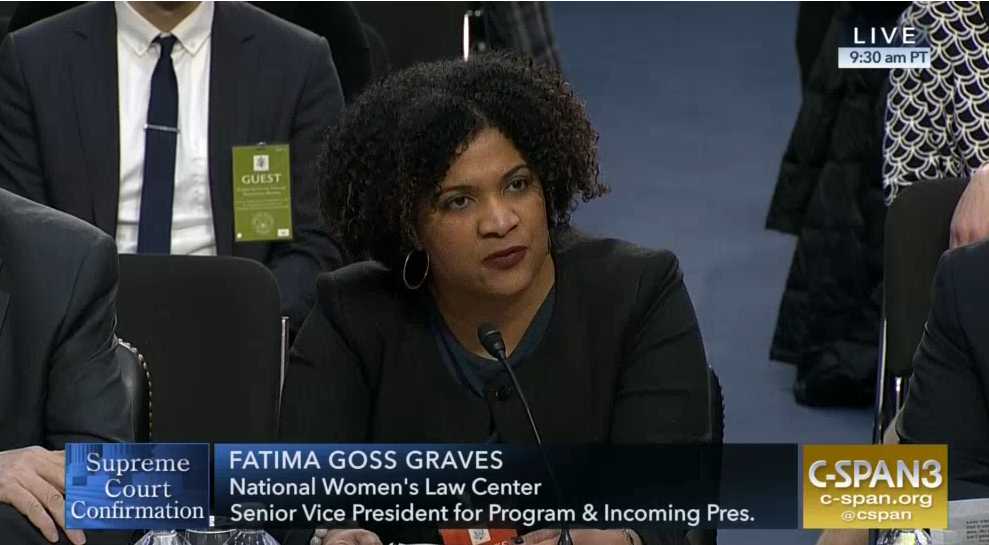Abortion rights, women of color, and LGBTQIA+ people are under attack. Pledge to join us in fighting for gender justice.
NWLC Leads Civil Rights Brief in Support of Students’ Rights to Be Free from Harassment and Unfair Discipline
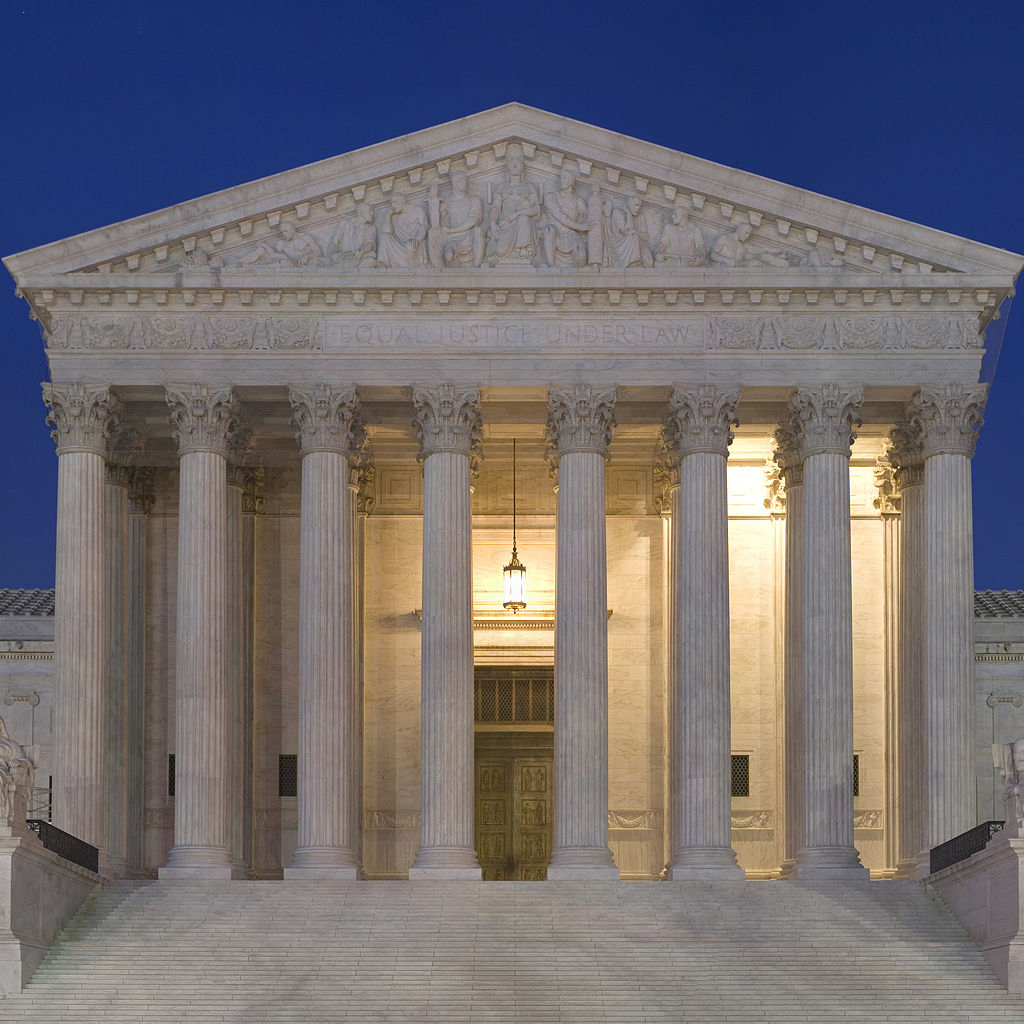
Update: On June 23, 2021, the U.S. Supreme Court ruled 8-1 in favor of the student, B.L., finding that her school violated her First Amendment free speech rights when it suspended her from the cheerleading team for an off-campus SnapChat post. In a decision that touched on many of the concerns raised in NWLC’s amicus brief, the Court rejected the school district’s argument that it must have unlimited authority to address student speech, even outside of the classroom, in order to protect students from harassment and bullying. Although the Court declined to articulate a specific test for when schools may be able to regulate off-campus speech, it left room for schools to address speech that legitimately harms students, like harassment and bullying. As NWLC’s amicus brief emphasized, the Court recognized that allowing schools to retain the authority to address legitimately harmful speech is vital for protecting students, particularly those of marginalized identities, from cyberbullying and other harassment that occurs outside of the schoolhouse gate. Read NWLC’s response to the decision here. On March 31, 2021, NWLC, Lambda Legal Defense and Education Fund, Inc., and the Lawyers’ Committee for Civil Rights Under Law, along with our law firm partner Ropes & Gray LLP and 30 other organizations, filed an amicus brief in the United States Supreme Court in Mahanoy Area School District v. B.L. in support of B.L., a student who was removed from her public high school’s cheerleading team after posting a Snapchat expressing her frustration at not making the varsity team.
The Facts of the Case
Upset at not making the varsity cheerleading team, B.L. posted a fleeting snap: “fuck school fuck softball fuck cheer fuck everything.” The school removed B.L. from the junior varsity cheerleading team for the school year, even though her snap was posted outside of school, on a weekend, and from her personal account; automatically disappeared after 24 hours; and did not contain any threats, harassment, or mention of her school or classmates. In response, B.L.’s parents sued on her behalf in federal court, arguing that the school district violated her First Amendment right to freedom of speech when it disciplined her for the snap. B.L. is represented by the ACLU National and ACLU Pennsylvania in this matter.
What’s at Stake
Our brief is focused on the potential impact of the Supreme Court’s ruling on students from historically marginalized groups, who are often more likely both to be harassed and to face school discipline.
Peer bullying and harassment, which often happens off campus or online, are serious issues in schools and cause significant harm to students, especially girls and women, LGBTQ students, students of color, and students with disabilities. For example, girls are nearly 50% more likely than boys to be harassed online, and this can make it difficult to sleep, attend class regularly, or stay focused at school. Similarly, LGBTQ students in middle and high school are bullied online at almost double the rate of their peers, which often leads to lower grades, lower attendance, and higher rates of depression and suicidality. Black, Latinx, Asian American, and Pacific Islander students, too, are disproportionately bullied based on their race and endure horrific threats of violence, the effects of which reverberate throughout their lives, families, and communities. Likewise, students with disabilities are not only twice as likely to be bullied online but also 50% more likely to suffer depression and suicidality as a result than non-disabled bullying victims. And students at the intersection of these groups are targeted in connection with their multiple identities. Regardless of where bullying and harassment take place, the impact on students is the same.
And so, while we urge the Supreme Court to affirm that B.L.’s school violated her freedom of speech, we emphasize that the Court should not limit schools’ authority to address harmful student speech simply because it occurs off campus or online. Schools are often best situated to handle threats, harassment, and bullying of students, and are often also required to under federal civil rights laws and the Constitution. Thus, schools must be able to protect the rights of students to be safe and access equal educational opportunities.
At the same time, we also caution the Court to not give schools unlimited power to punish off-campus student speech. After all, allowing schools to regulate any off-campus speech that is not harassing, bullying, or threatening will make things worse for students of color including Black and brown girls, LGBTQ students, and students with disabilities. Students of color are more likely to be disciplined for minor subjective offenses, such as being “defiant,” “loud,” “disobedient,” or “disrespectful.” Black students, in particular, are suspended at four times the rate of their white peers, and Black girls are suspended at five times the rate of white girls. Similarly, 40% of LGBTQ students and 45% of trans students were disciplined in the 2012-13 school year. And students with disabilities are suspended for more than twice as long as their nondisabled peers.
In light of the troubling statistics about unwarranted disparate discipline of students from historically marginalized groups, it is all the more critical that students’ free speech rights are protected. Students must be free to express opinions, for example, in support of racial justice, their LGTBQ classmates, and issues related to their school, without fear of being disciplined by school officials who do not approve of their message. For these reasons, we encourage the Court to prohibit schools from punishing students for engaging in speech that is merely considered too “disruptive”—even if the school might have the authority to punish the same speech on campus.
NWLC and our partner organizations on this amicus brief eagerly await the Court’s decision in this case, which will no doubt have a significant impact on the rights of students across this country.

